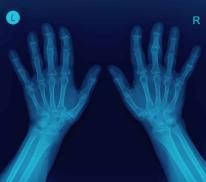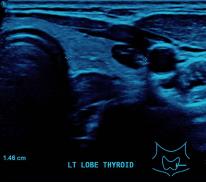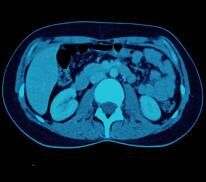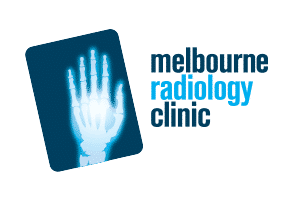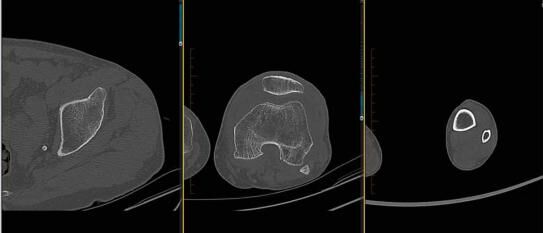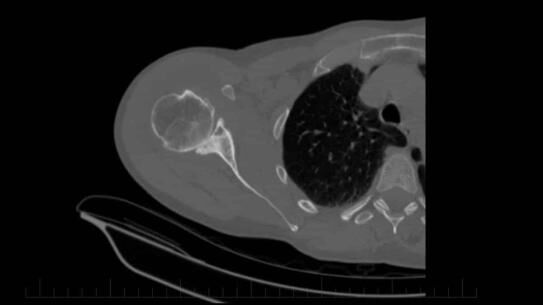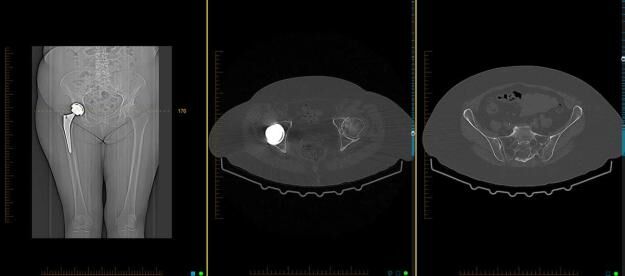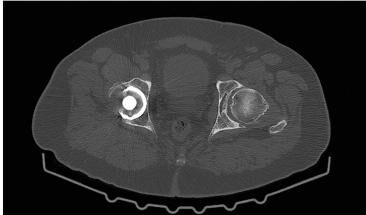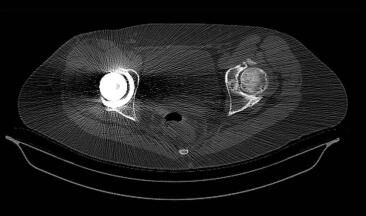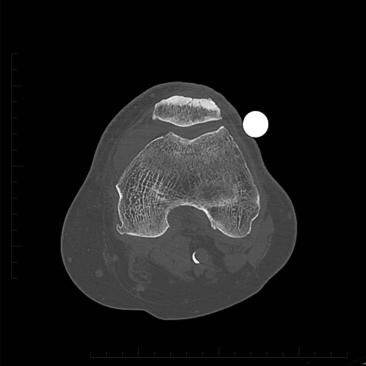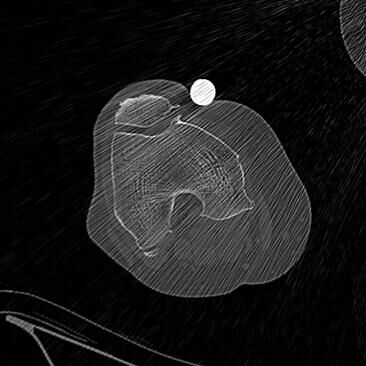Patient Specific Implants (PSI).
Melbourne Radiology Clinic offers low dose CT scanning for the purposes of templating patient specific implants (PSI). PSI has become industry standard as part of pre-operative assessment for joint replacement surgery.
This involves fine slice CT scanning of the arthritic joint that requires replacement that then allows the relevant medical device company to produce a custom made prosthesis. The prosthesis is produced so that it precisely matches the patient’s body shape and size, restoring the contour and shape of the joint as it was in the non-arthritic state, as well as achieving normal joint height.
The benefits of PSI are enormous; any risk of human error of a mismatched/mis-sized prosthesis is eliminated, joint replacement surgery is drastically reduced in both time and trauma, as is hospital stay. The end result for patients is less pain, rapid rehabilitation and return to normal function.
Pre-operative Joint
Replacement Surgery Assessment
MRC offers a seamless and rapid service for patients, referring surgeons as well as vendors so that the PSI is manufactured as soon as possible.
PSI is typically used for hip, knee and shoulder replacement surgery. Seeing it is in its infancy, PSI technology will no doubt will see increasing application to other joints and other operations in the future as this exciting technology emerges.
Metal artefact reduction technology.
MRC’s low dose CT is able to scan patients that have an existing prosthesis or other post-operative metalware or on the opposite side without any significant loss of image quality for the symptomatic side that is intended on being replaced.
CT PSI pre-operative assessment for end stage hip arthritis on patients with previous total hip replacement on the opposite side, with (A) and (B) without metal artefact reduction technology.
Note the decrease in image quality due to streak artefact on the examination without metal artefact reduction technology.
CT PSI pre-operative assessment for end stage knee arthritis on patients with previous total knee replacement on the opposite side (not shown), with (A) and (B) without metal artefact reduction technology.
Note the decrease in image quality due to streak artefact in the examination without metal artefact reduction technology.
Further Information.
Referring doctors are welcome to discuss with our radiologists the imaging needs of their patients and whether CT is suitable for their patient’s medical condition.
Specialist Radiologists.
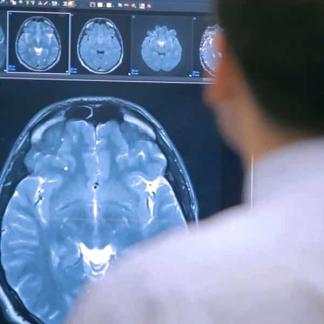
MSK & MRI Fellowship Trained Radiologists
